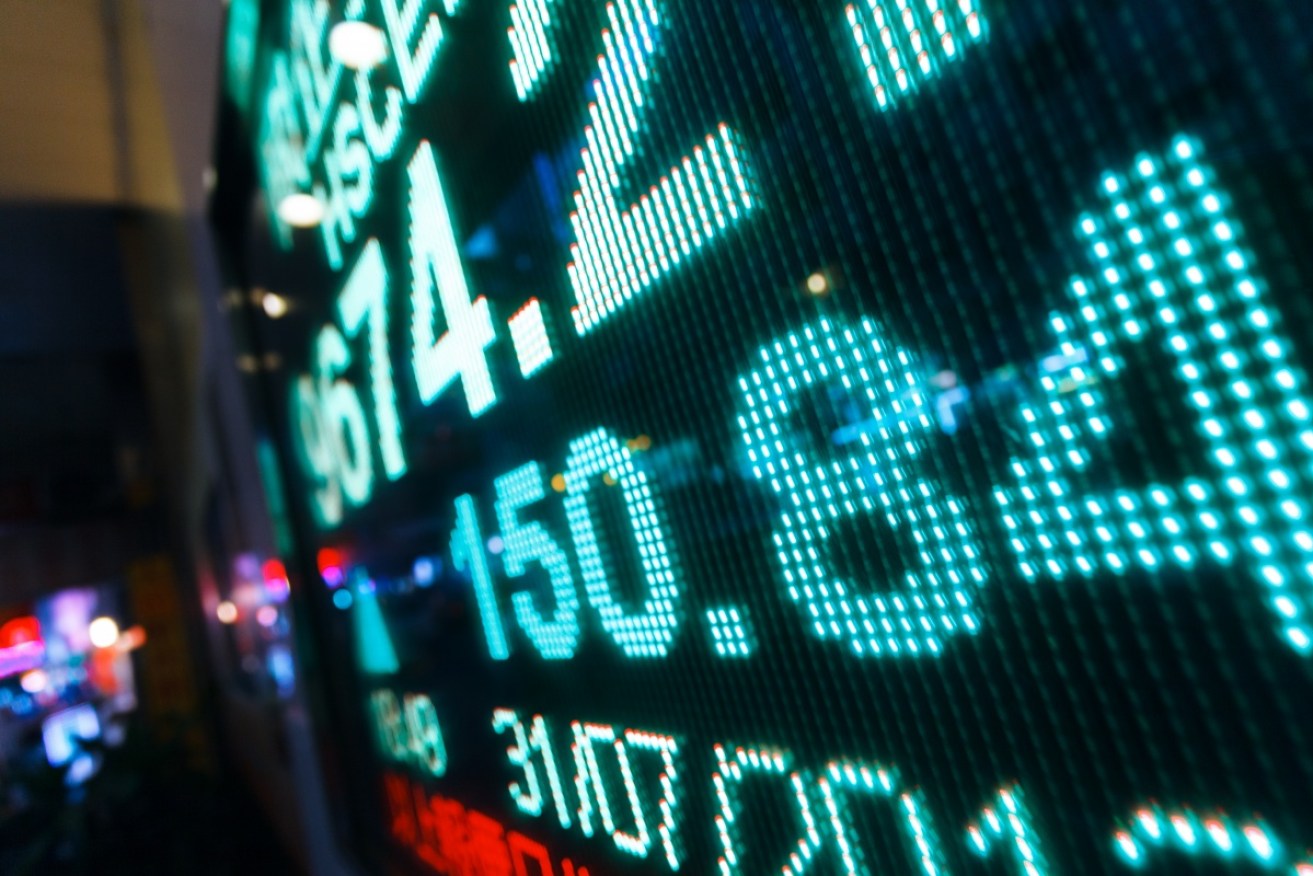A ‘cheap, easy’ alternative to rubbish savings accounts


ETFs could be a cheap and easy way into stocks, and a better return than bank accounts. Photo: Getty
Exchange traded funds (ETFs) could be a simple and cost-effective way to beat the atrociously-low returns of savings accounts, according to experts.
New research published this week by US-based investment analysts Morningstar found the number of Australian ETFs (including those that track things other than the stock market) had expanded rapidly, from 85 in 2013 to 160 in August.
Australians are increasingly using ETFs to invest in many of the top listed companies, rather than trying to pick a few winners.
Whereas an individual stock like Telstra or BHP tracks the performance of just one company, an exchange traded fund (ETF) invests in a big bundle of shares (or other types of investments).
This can make them a cost-effective way of holding a larger, diversified portfolio.
Alex Prineas, associate director of manager research at Morningstar, said the advantage of ETFs is “they are inexpensive”.
“While regular, old-style investment funds had fees of around 1.5 to 2 per cent, ETFs average about 0.5 per cent. Some have fees as low as 0.15 per cent,” he told The New Daily.
“You can join them through a share trading website and you pay really low transaction fees, which means no sales commissions.”
How ETFs work
Market-tracking ETFs use computer algorithms to attempt to deliver returns that roughly match the average return of whatever stocks they are tracking, minus fees.
Examples include the SPDR S&P/ASX 200 ETF, which tracks the 200 largest companies on the Australian market, and iShares S&P 500 ETF, which tracks the top 500 US stocks.
Dr Daniel Richards, lecturer in wealth management at RMIT University, said ETFs are good options for people investing relatively small amounts of money, thanks to their low cost and returns that follow the market.
“An index fund will do exactly what the market does. If the market goes up or down, an index fund should exactly go the same as that market,” he told The New Daily.
And because they are themselves listed on the ASX, it is easy to buy and sell.
Possibly lower cost
Dr Zhuo Zhong, finance expert at Melbourne University, described exchange traded funds as the “least expensive way to hold a diversified portfolio”.
In the same way you pay car registration for having the car, many funds charge ongoing management fees. Index funds typically charge very low fees, although this does vary.
John Bogle – who created Vanguard, the world’s first ETF, in 1975 – recently summed up the reasoning behind the idea to popular podcast Freakonomics.
“Most stock-pickers think they are better than the market, and they aren’t. Therefore, investors should just buy the whole market,” he told the interviewer.
“Since you’re not paying the big salaries, and all the other costs that go along with those stock-pickers, the fund would be much cheaper to buy.”
Beware the risks
One thing to remember is that the Australian share market is dominated by a small number of big companies, such as the banks, which means anything that hurts those companies might have a disproportionate impact on your market-tracking ETF.
Some investors attempt to get around this by buying ETFs that track the international share markets.
Melbourne University’s Dr Zhuo also warned that ETF returns can depart from the market they are supposed to be tracking, and that high returns are not guaranteed.
“The outcome or the return might be different under certain scenarios,” he said.
“It’s not a bad asset, it has many advantages, but it’s always good to be aware of what you’re buying.”
None of the information in this article should be taken as financial advice.








